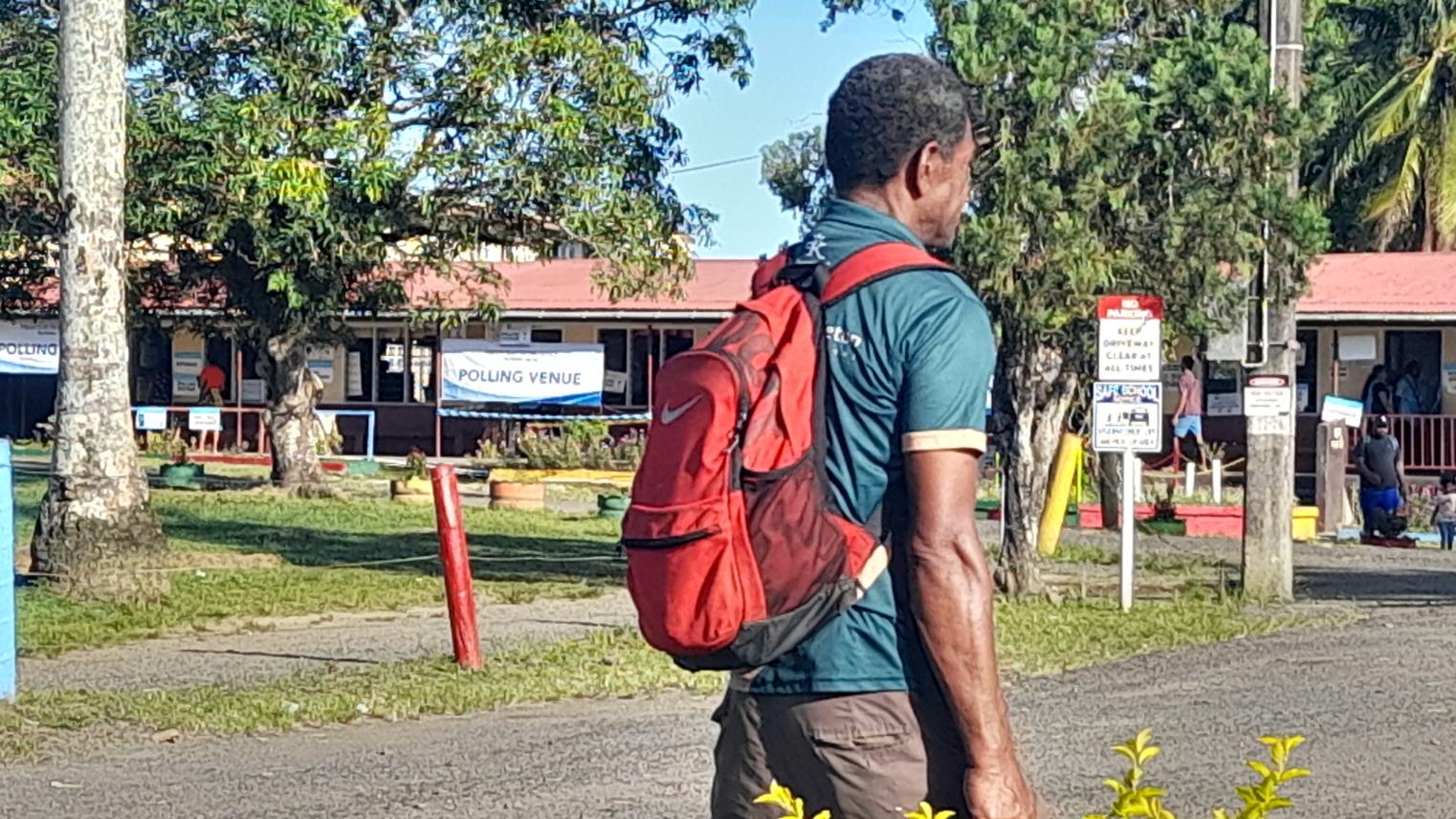DPA Seminar Series
“Having a strong leader in government is good for the country, even if the leader bends the rules to get things done,” is a sentiment agreed on by 51% of voters surveyed, as revealed in the preliminary findings of the inaugural Fiji Post-Election Survey on Voter Behaviour and Democracy (Fiji: PES). Only 29% disagreed with this sentiment while 16% remained neutral. This is intriguing as it contrasts with the finding that the majority of respondents, 74%, prefer democracy to any other kind of government. These findings corroborate with the results of the 2022 Fiji General Election where the 2006 coup leader and outgoing Prime Minister Voreqe Bainimarama received the highest vote, and Fiji’s first coup leader and incoming Prime Minister Sitiveni Rabuka received the second highest vote. Their victory was aided by the single national constituency under the open list proportional representation electoral system. The election results and survey findings allude that charisma probably is more important as a quality in political leaders, rather than a commitment to uphold the rule of law.
The data gathering for the Fiji: PES was conducted from April-May 2023 as part of the Fiji National University’s Youth Voter and Elections Education project, implemented through a grant from UNDP. With a sample of 1,054 interviews from Northern, Central and Western divisions of Fiji, it targeted densely populated urban and peri-urban areas using cluster sampling. The seminar will discuss findings of the survey on issues of democracy, traditional and social media, trust in democratic institutions and voters’ affinity to political parties and party leaders, as well as their perceptions about the credibility of elections and the importance of voting. It attempts to find out how COVID-19 impacted enjoyment of democracy and how respondents feel about women elected leaders. The data can enhance understanding about democracy in Fiji and the impact of conducting elections under restrictive laws that curtailed freedom of expression and led to victimization of opposition politicians.
